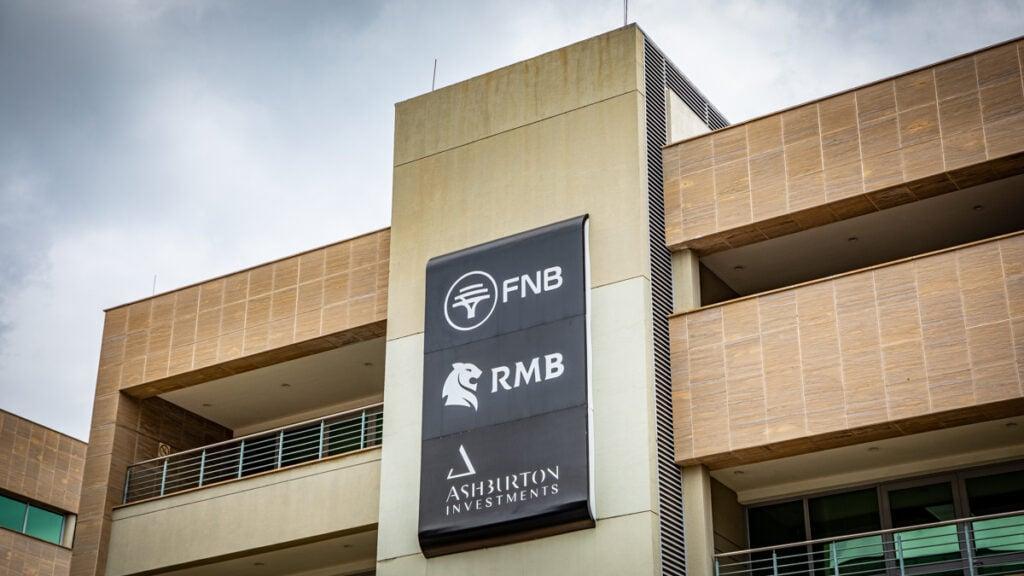Africa-Press – South-Africa. FNB is eyeing an increased share of South Africa’s R49 billion stokvel market as the country’s lacklustre economic growth results in a stagnant savings pool.
This was revealed by the CEO of the bank’s Cash Investments division, Himal Parbhoo, in an interview with Daily Investor, where he outlined the bank’s plans for future growth.
South Africa’s economy has substantially underperformed, with economic growth averaging 0.7% over the past decade.
This is far slower than the country’s population growth of 1.3%. This means that South Africans are getting poorer, on average, every year.
In such an environment, it is incredibly challenging for a country to expand its savings pool, with incomes stagnating and unemployment at record highs.
This poses a challenge to South African banks, which aim to expand their deposit base and manage a larger amount of money on behalf of clients.
“When we look at it from a cash investments perspective, the economy needs to grow for all of us to continue to grow,” Parbhoo said.
“For all of us to grow, we must grow the pie. We have to grow the pie for all of us. But, if the pie is not growing, the only way to grow is by essentially ensuring you have a bigger slice.”
The only way South African banks can significantly grow their deposit base is by capturing market share from competitors.
“That is to really take share from the other banks and make sure that you are the first-choice destination for individuals to save.”
FNB achieves this by making saving as easy as possible, from opening an account to automating deposits.
“The process should not be difficult. If it takes ten screens or clicks to open an account, how can we take it down to three clicks or two?”
This is supported by banks increasingly bundling their offerings, so not just selling a client a transactional account or a credit card, but an entire suite of products.
Stokvels: the hidden gem
FNB Cash Investments CEO Himal Parbhoo
Apart from capturing market share, Parbhoo explained that FNB is looking to fill more gaps in its offering by targeting other segments where it has a low market share.
A crucial area for the bank in this regard is the stokvel market in South Africa, which is valued at around R49 billion.
In this regard, the main competition is not necessarily other banks, but the habits of individuals who saved predominantly in cash in the past.
“We have seen cases where it is the typical under-the-mattress and in-a-box kind of saving. We have to entice people to begin saving this on our platform,” Parbhoo said.
FNB launched its stokvel solution in 2021, but it has gone through several iterations to improve its functionality and increasingly digitise the offering.
Parbhoo said from this start, the bank now has over 100,00 stokvel accounts, all with at least three members.
This is not only crucial in terms of getting savings onto the platform, but also to attract non-FNB customers to the bank and potentially convert them.
The bank reported that total inflows in its FNB Stokvel Accounts had grown to R13.3 billion by December 2024, up 66% from the R8 billion that flowed into these accounts in December 2023.
The data further revealed that more people are joining stokvels through FNB, with the total number of FNB Stokvel Account members growing by 34% in just one year.
Parbhoo explained that stokvels are becoming increasingly popular because people recognise that when they team up with others, they are more successful in saving efforts.
Therefore, many South Africans have turned to saving alongside their colleagues, business partners, friends and family members.
It also points to increasing trust in digital solutions, where cash used to be dominant. This trend can be seen across nearly all financial products.
For More News And Analysis About South-Africa Follow Africa-Press






